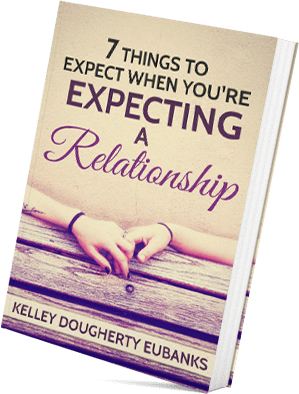The world is (sort of) returning to a place that feels much more normal. Although we still live with the risk of Covid, vaccinations are becoming more widespread which is easing the minds of many. While we are seeing a bit of a light at the end of the tunnel for the Covid-19 pandemic, we are seeing only the beginning of a new phase of an already existing pandemic- mental health.
We have been in a mental health crisis for a while now, but the pandemic brought out different challenges for many of our clients.
Parents were challenged to balance their time and attention on their children in ways like they never have had to before. Those in long term romantic relationships were challenged by seeing their relationship for what it really was/is without distractions. Those who are single struggled to manage time alone and cope with very hard emotions like loneliness without the tools they usually have to manage it.

At the same time, good things did come from pandemic world living.
Some of us focused on ourselves a little more. Some of us reached out to friends and family with a mentality that we are all in this together. Some of us challenged our core beliefs in order to determine where our attention needs to be. Some of us sought help.
Now that the world is starting to open back up again, many clients are seeming to experience some anxiety, understandably so. Last year, we as a collective whole had to change everything we were used to doing and now, we are facing another transition. A world, “post”-pandemic, but still filled with threats.
How do we navigate this transition using what we have learned?
How do we take baby steps back into the life we missed while still holding onto some of the better parts of the pandemic world?
One of the best tools we have to combat this anxiety is a very simple word that many often misunderstand: boundaries. When I discuss boundaries with clients, often they say something along the lines of “I don’t want to cut this person off though” or “Don’t you think boundaries are too harsh?.”
In systems thinking, we all exist within many different systems. We have the world system, the country system, the state system, the county system, the community system, the family system, the relational system, etc. This year in particular drew our attention to just how many systems are around us. Think back to the pandemic news and the election news.
All of the systems at play that are just out of our reach but are powerful enough to have an impact on us.
When these systems start to impact us emotionally, it is time to create some boundaries.
I use the fence analogies a lot with clients, most often with couples. In healthy relationships, there is always a fence around the relationship. As a couple/friendship, you both decided (consciously or not) what that fence looks like. Is it is a picket fence where people who pass by can see in? Is it a fence with small gaps so passersby can see only if they really try? Is there a gate? How tightly does the gate close? Is there a lock?

Most often, we don’t really think about this fence because healthy adults tend to follow general practices of interaction so as to not invade the gated space. When we feel like there has been a minor boundary violation (maybe a friend popped over unannounced when they have never done that before), we either make allowances for that one-off situation or we make known the boundary violation. If you are making the violation known, it could be as subtle as saying “Had I known you were coming over I would have cleaned up.”
Boundaries are always necessary in any relationships and they are not permanent.
Most of my clients are afraid that once they set a boundary, that determines the trajectory of their relationships and that is simply not the case. In times of emotional crisis in a romantic relationship, sometimes the best thing you can do is put up a brick wall around the two of you. Maybe the wall has a gate so some people can come in and out, maybe it doesn’t…for now. Often times boundaries are set in order to protect what is inside as opposed to the more popular belief that they are to keep others out.
Over time, you and your partner can decide to create a gate, or even shift back to a fence once more safety is established.
That’s the beauty of boundaries.
What the pandemic created for us were boundaries out of our control. We (for the most part) were told what to do, how to interact, etc. Now that we are coming back into a phase where we can control our boundaries a little/a lot more, I am finding clients are more and more curious about boundary setting. For some, the forced wall around them during the lockdowns was terrifying, but for others it was life changing. If you are in an emotionally and physically safe relationship, a forced boundary can create a sense of peace when there is chaos around you. For those who were not in emotionally and physically safe relationships (even if that relationship is with yourself), the forced boundary presented many challenges.

The next steps in transition will be tricky for most as we learn to manage our boundaries on our own. It is okay and even healthy to create boundaries around your emotional well being and your relationships. It is okay to lock the gate to things or people that cause chaos. It is okay to decide to open the gate back up after you feel more stable.



Share your thoughts